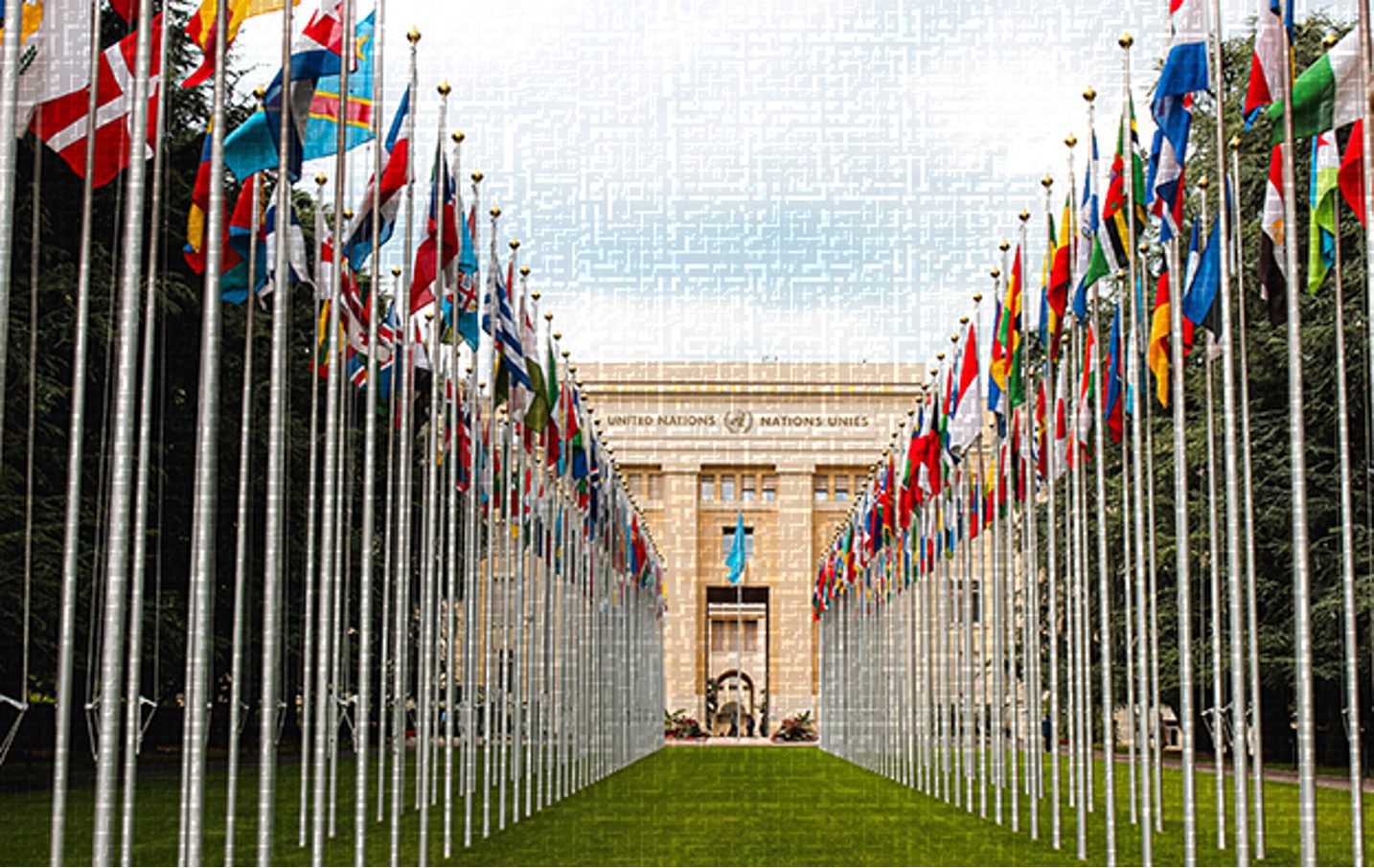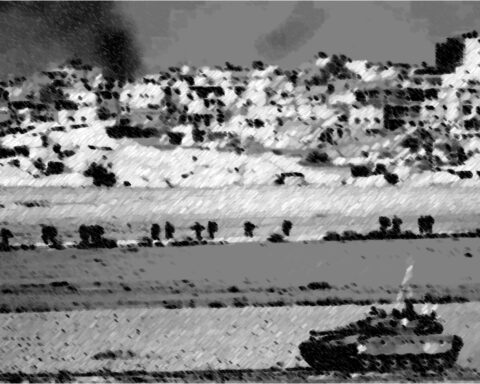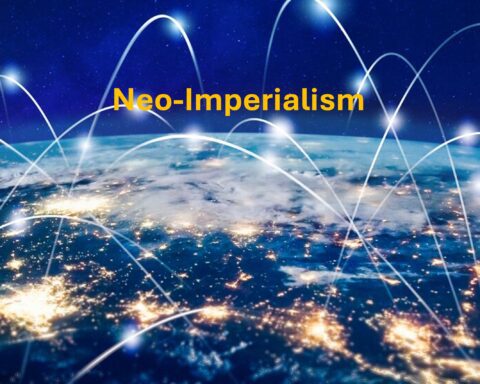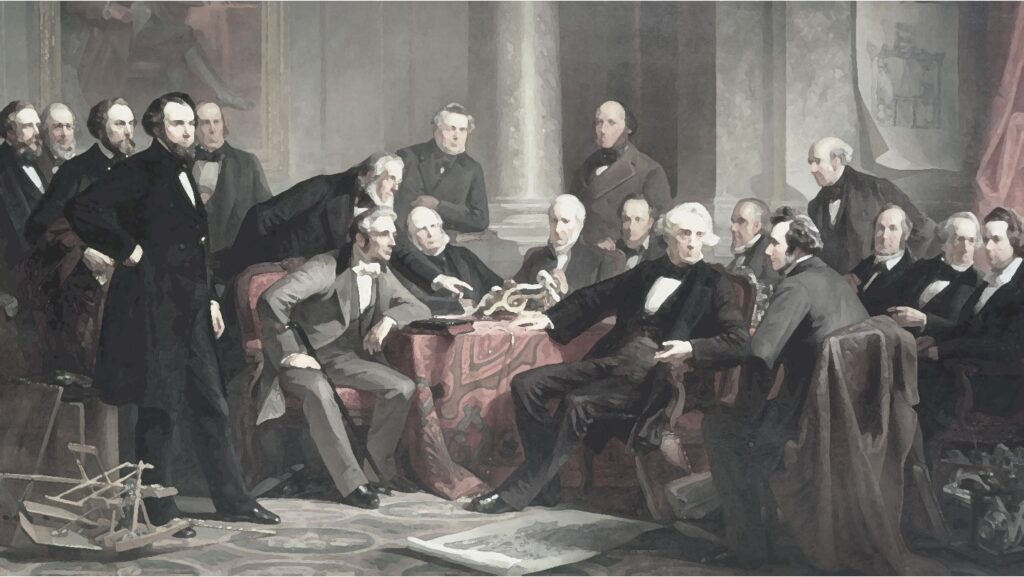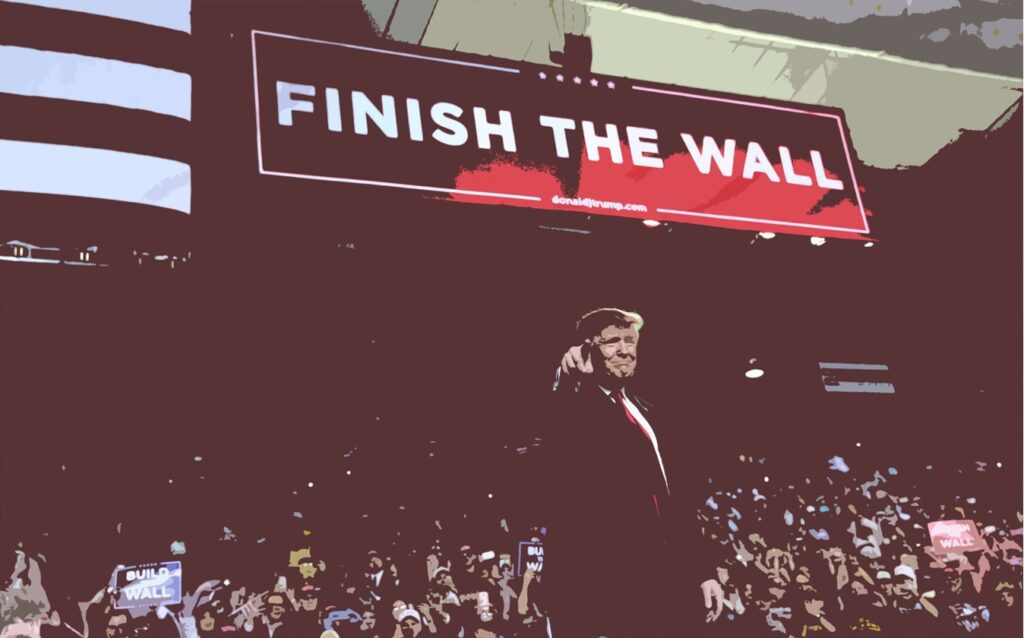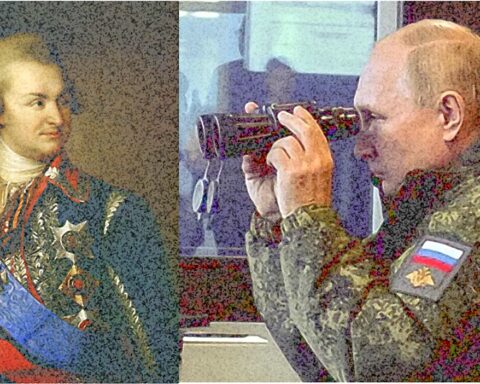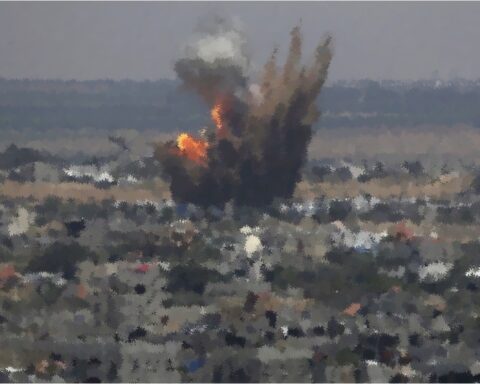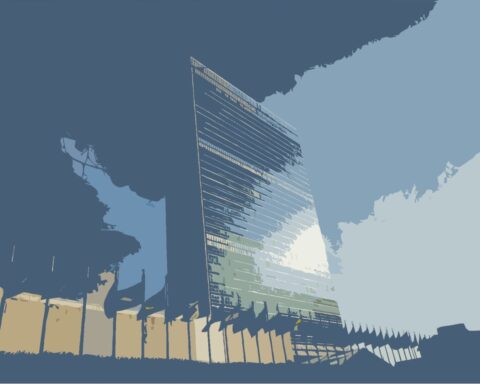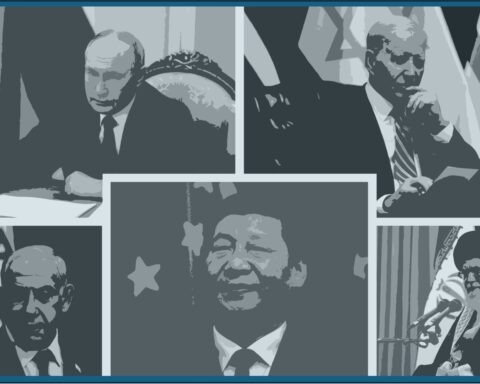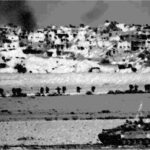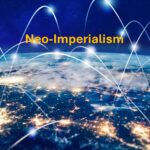This article does not fully address environmental issues but focuses on the description of a global deadlock. Accepting that we are now sufficiently convinced about the environmental issues and human-made mistakes, we still need to do more as there are many problems awaiting solutions! Wars continue, and today we must feed a population exceeding 8 billion, which is expected to increase in the future. We must consider people with equal rights. Who will solve these global problems? Is there a leadership problem?
Current Global Issues
Leaders identified in historical contexts, such as countries and empires, were once seen as an opportunity and a gift. Today, while humanity is at a critical juncture with “global problems,” we can debate the historical desire to find leaders. Firstly, have we looked around for such a global purpose? Secondly, have we respected such people? Think broader; have we changed our thinking? Can we develop our thoughts within global intelligence? It seems we haven’t reached there yet! If we realize we are at such a stage, we can find the necessary leader, or at least know where to look for them. Those who fail to understand the timeliness of these thoughts appear before us with the term “global leaders.” But does humanity, and many species on the brink of extinction, deserve this incomplete thought?
In the last 30 years, cross-border trade and investment have tripled the global economic size and lifted 1.3 billion people out of poverty. However, this has triggered deep geopolitical tensions. Another aspect is technological innovations. The rule is: An industrial revolution produces disruptive effects worldwide. The “Fourth Industrial Revolution” has started to strain various geopolitical, economic, and technological issues, increasing tensions. Especially the U.S. and China have diverged in critical areas like AI and semiconductors.
After the industrial revolution, the second significant issue is Climate Change, requiring a major transformation. New energy production, storage technologies, tools, and equipment are changing. Digitalization and finance have created an environment where innovations can be rapidly made, but this has also become the main component of global competition.
Covid-19 spread, leaving the world helpless. There are concerns about AI, with no guidance. Global economy gears are problematic, with no authority to rectify them. There are global security issues, invasions, wars, terrorism, coups, migration, etc., with conflicting opinions everywhere. Global Warming or Climate Change is a major issue, and it’s debated whether countries will adhere to the established timeline. The goal of eradicating extreme poverty by 2030 is now accepted as unachievable, meaning approximately 7% of the world population will still live in poverty. The World Bank has a new vision for “creating a world free of poverty.” The goal is noble: increasing shared prosperity on a livable planet. But who will we do this with? If finding financing and areas of use and tracking them could improve the planet, we would have applauded these efforts long ago.
The impact of Climate Change on agriculture, leading to global inequalities, is being debated. In the first half of 2022, poor harvests due to extreme weather events were experienced. This led to one of the worst shocks in global food markets in decades. Crop scarcity and hunger risks linked to climate are identified as prominent issues. People in Sub-Saharan Africa, South Asia, and Southeast Asia face famine risks, implying increasing poverty in these regions.
From another angle, how can we make agriculture more climate-resistant? This brings up the issue of efficient water use. Drinking and utility water and associated health issues are discussed. But we shouldn’t forget the importance of soil health. Again, reducing or eliminating human-made greenhouse gas emissions is a fundamental issue awaiting solution. Poor countries are least responsible for these emissions. Who can end the debate on equality? Another issue to be accounted for is the decline in biodiversity.
We seem to focus more on conflict-related topics! Look at the headlines in politics and media.
Last year, the U.S. and China brought significant movement to the world. Russian politicians, wanting to strengthen their hold on occupied Ukrainian territories, hurled nuclear threats at the world. Coups occurred in Africa. Additionally, the Israel-Hamas conflict began. While the leaders of dominant powers experienced tension among themselves, they chose to use every opportunity to increase their soft power internationally. It seems issues like improving our planet and eradicating poverty have become options for some leaders to balance global policies.
Leadership Search
The search for leadership to overcome major global challenges continues. Issues to be addressed are discussed, researched, and reported by international institutions like the United Nations, the World Bank, and the International Monetary Fund. These reports guide countries and relevant institutions. There are expectations from all of humanity, along with the expectations of experts, which go beyond sensitivities and contribute towards solving and overcoming problems.
For instance, experts suggest: Let’s be in solidarity, develop a spirit of cooperation, create new long-term credit opportunities, achieve stable growth, implement structural reforms, i.e., make collective action plans, and for all these, first set up potential threat monitoring mechanisms and follow the processes meticulously. The experts’ suggestions are good, but is it possible to proceed by looking at these suggestions when the will is elsewhere?
The terminology used is also critically worth examining. If stakeholders or experts use the term “global leaders,” we need to consider if we can proceed this way. However, looking at the origin of the term leadership, it requires not acting with multiple heads. So, the term “leader,” not “leaders,” should be used. I understand that experts, looking at the current global situation, have to follow this path. They use the term leaders to encompass all administrators.
If there is a need to demonstrate a decisive and strong approach to the issue, which there is, then what needs to be done is clear: we must use the term “global leadership” and focus on options for establishing and operating this system.
Let’s first look hypothetically: how should we define global leadership? Then we can evaluate our closest personal thoughts.
“Global Leaders”
Apparently, the current structure is an inclination of countries and actors in the international system hierarchy to turn issues raised by experts into political arguments. This situation is dependent on the geopolitical thoughts, interests, competition, even whimsical attitudes, and beliefs of governments and management boards. In this case, it’s more appropriate to talk about various political power leaders, not global leaders. Secondly, the reality is that current leaders of various political powers are at the center of global issues. Can we talk about healthy global leadership while leaders are the main cause of global issues? Seeing this deadlock, some offer this as a solution: There are global leaders, let’s work with them on collective action plans…
The general functioning of countries is explained by systems built on the will of the people. There’s a paradox: Ask the people, they would accept options that guarantee their children’s lives and make sacrifices when necessary. Politicians come to power by claiming they work for the people’s benefit. But as often seen, there are controversial areas in the priorities of politicians. In this case, we are talking about political leaders, not global leaders.
The term global is meaningful within its scope; using the name alone cannot yield results. Global issues are worldwide, not individual topics and leaders’ perspectives!
“Global Leader”
If there was global leadership, at least we could see a structure that controls and coordinates work that gives humanity confidence for “real” global issues. I’m not saying, for instance, that the UN should be above all countries and possess global leadership functions, responsibilities, and power. Or that we should achieve an idealized form of internationalism, with its ruler being the global leader. These are unattainable thoughts, at least in our times…
Instead, what the world needs is “real” leadership. Look around, can you see a real leader who can shoulder the world and its problems? For example, the presidents of the most powerful countries like the U.S. or China, Joe Biden or Xi Jinping, are they global leaders? The King and Prime Minister of the United Kingdom, the Prime Ministers of India, Germany, France, Canada, Japan, Italy, are they global leaders? The Supreme Leader of the Islamic Republic of Iran or the King of Saudi Arabia, are they global leaders?
The idea of politics for a group of people, not humanity, is outdated. Political skill is not about recklessly using world resources. Politics is not about maintaining the order of World Wars, not a method of making one side impress its problems on the other in power struggles. Politics is about creating value, striving constructively for sustainable living and development.
Let’s try to list some characteristics of a global leader. First, a global leader should not be obsessed with any topic, idea, ideology, should not be the leader of a group or party, and in case of personality, should not have a behavioral disorder. Leadership should not be hereditary or monopolized by a family. It should not act solely based on economic power. Generally, a leader should be a respected personality who brings solutions to complex problems and is trusted when addressing the whole (the global).
“Global Leadership System”
If such a strong leader comes to the world once, it would be meaningless. After all, the world has various states! This is a matter of system. Hence, the systematization of global leadership becomes important.
For example, in the World Economic Forum, some foundations, universities, and research centers, these kinds of topics should be discussed to some extent. But it seems that in the world, those who initially seize power can be the source of the problem, so expressing a new global political system is not realistic. Then, who will grapple with the problems we listed at the beginning? Who will save our children’s world? How will endangered species in various geographies survive? Who will guarantee clean air? Who will end hunger, thirst, and misery? Looking at all these, which powerful person or organization will have the will to solve these?
However, building such a global use system still seems unfeasible.
A World at the Mercy of Political Leaders!
Collecting all these considerations, unfortunately, we have to say, this world is at the mercy of today’s political leaders!
Political leaders should look at issues in their fields; global issues are far beyond what they can solve.
Political leaders, with their diverse cultures, borders, interests, and powers, claim, “We will win this competition and also deal with world problems.” However, we are in a single world, and the issues of the world are binding on everyone! Dividing and ruling is easy, and small-minded leaders choose this path. The time has come to govern by uniting, as we must think big.
From Deadlock to Solution
No matter what anyone says or thinks, the truth is, with its current structure, the United Nations is one of the institutions that is the source of deadlock. We respect the efforts of the UN as humanity. But global issues are important, comprehensive, and belong to the general, above national politics, and solutions should be found accordingly.
The UN should first change its name. Because, using the term “nations” for solutions means living with current problems and understandings. A definition for “Global Governance System” is needed for global governance. With this definition, it’s imperative that the powers within focus on global issues. The more this is delayed, the greater the loss. If we continue with the current complexity; wars won’t end, economic upheavals won’t be rectified, lands won’t be cultivated efficiently, future generations’ lives won’t be secured…
Let’s start right here and now!
